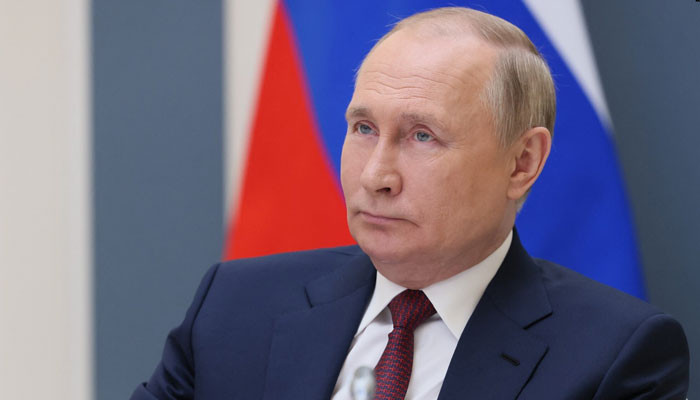
Russian President Vladimir Putin’s recent threat to target cargo ships sailing to Ukraine’s Black Sea ports has raised alarm and uncertainty in the global grain market.
Amid the ongoing tensions between Russia and Ukraine, the move threatens to disrupt crucial grain exports from Ukraine, one of the world’s top grain exporters. The situation poses a significant challenge for countries heavily reliant on these food supplies, potentially exacerbating global food insecurity.
In response to Russia’s decision to exit a landmark deal that permitted the export of grain from Ukraine, President Putin warned that cargo ships destined for Ukraine via the Black Sea would be considered potential military targets.
The warning came after Russia withdrew from the UN-brokered pact that allowed safe passage for cargo ships from the war zone. As a result, Ukraine has taken measures to establish a temporary shipping route via Romania, one of its neighboring Black Sea countries.
Ukraine’s President Volodymyr Zelensky accused Russia of deliberately targeting grain export infrastructure in the port city of Odesa, endangering not only the country’s economy but also putting vulnerable nations at risk. He said, “In the ports that were attacked, there was about a million tonnes of food stored. It is precisely that amount that should already have been delivered to consumer countries in Africa and Asia.” The development has reignited fears among Ukraine’s European neighbors of being flooded with cheap grain, further exacerbating regional economic challenges.
The International Monetary Fund also expressed concern, stating that Russia’s exit from the grain deal threatens to worsen global food insecurity and could lead to increased food prices, especially in impoverished countries. Meanwhile, the European Union is expected to discuss a proposal to allocate up to 20 billion euros for military aid to Ukraine over four years, as the conflict continues to escalate in eastern and southern regions.
As the situation unfolds, the safety and security of cargo ships sailing to Ukrainian ports have come into question. Ukrainian officials have appealed to the international community for support in establishing a UN-mandated patrol that would include neighboring countries like Turkey and Bulgaria to ensure safe passage for vessels. Ukraine remains determined to continue its grain exports despite the end of the deal, seeking assistance from other nations to maintain critical shipping routes.
The threat of targeting cargo ships also raises concerns about broader implications on global trade and regional stability. In response to the escalating tensions, the United States has announced a $1.3 billion military aid package for Ukraine, providing air defense capabilities, anti-tank missiles, drones, and other equipment.
While there is no immediate response from Russia regarding the US assertion of laying additional sea mines in the approaches to Ukrainian ports, the situation remains highly volatile and uncertain. International efforts to address the crisis, ensure safe shipping routes, and protect global food supplies are crucial to prevent further escalation and disruption in the region.

